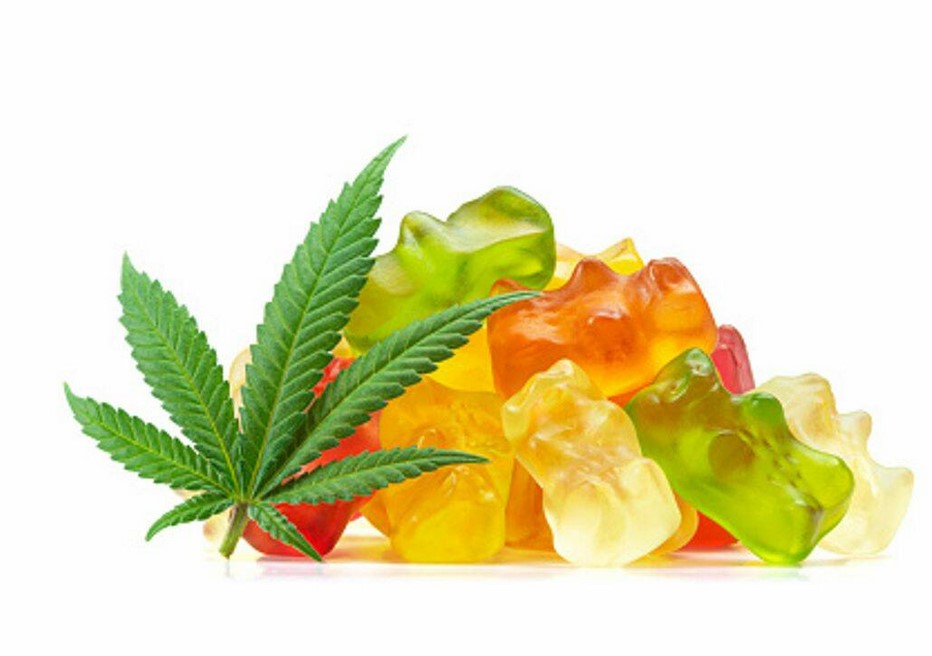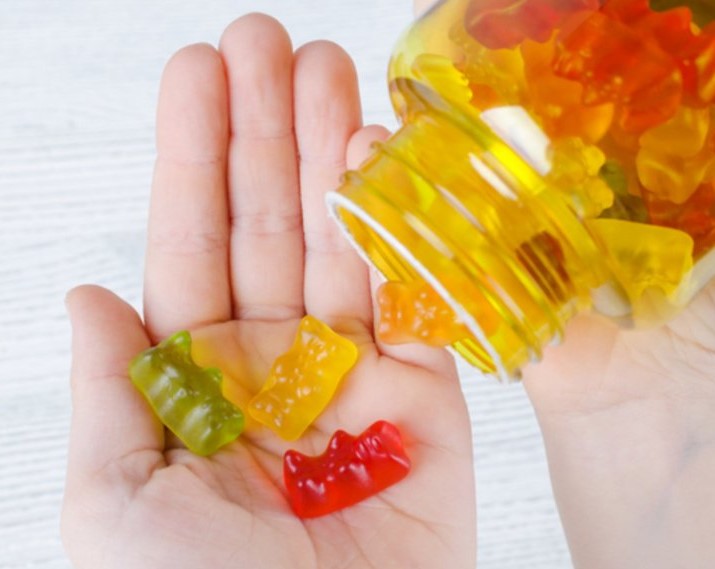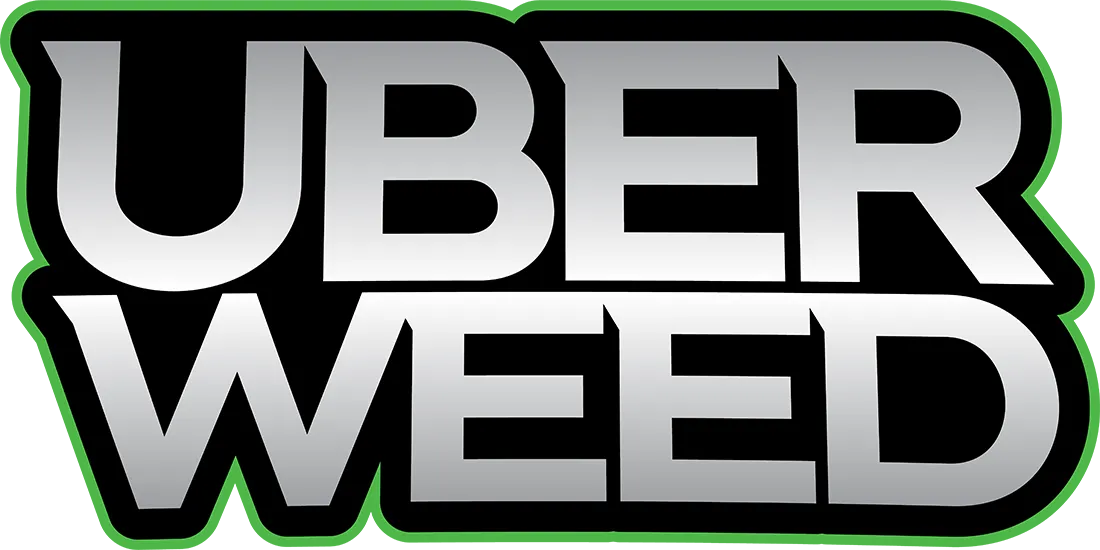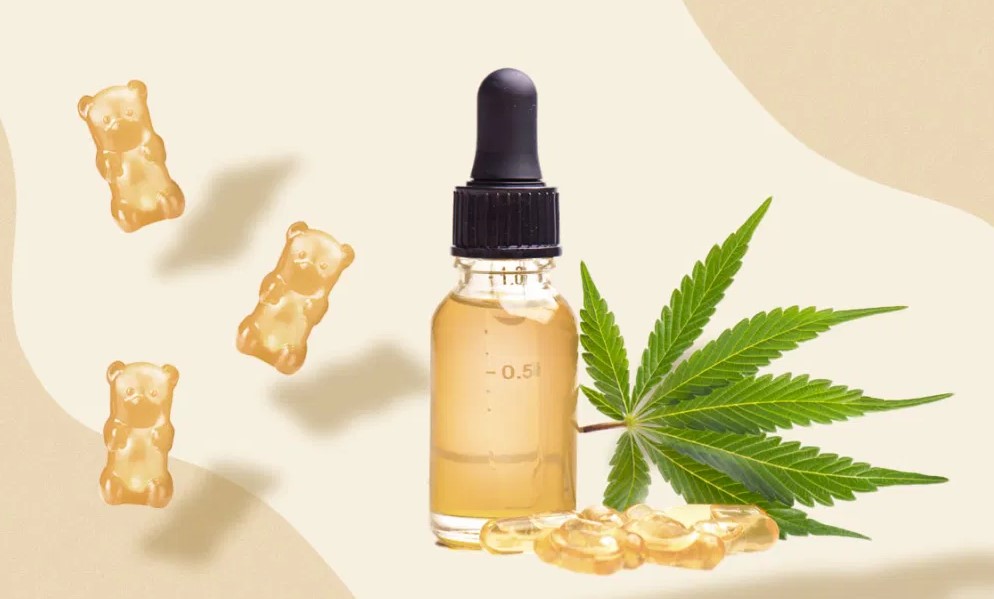Non classé
CBD Edibles vs. CBD Oil: Which Is Best?
Cannabis has become increasingly popular in recent years, and the number of cannabis-related goods on the market is growing. Whether people want to smoke marijuana or consume it in another form, they have a lot of alternatives. There has been an increase in demand for edibles, topicals, and other items as the cannabis industry has developed.
Looking to try something new? Check out this Willo CBD Gummies.
CBD products are now being sold online and in retail markets, thanks to continuing changes in legal guidelines and public sentiments regarding marijuana.
Individuals interested in buying CBD for use might be unsure about which product to purchase. The advantages and disadvantages of CBD edibles vs. CBD oil will be examined and compared in this article.
CBD: What It Is

When comparing products, it’s critical to comprehend what CBD is. Cannabis plants contain cannabidiol (CBD), which is a chemical related to the psychoactive component of cannabis, THC.
Another important component in cannabis is THC, or tetrahydrocannabinol. THC and CBD have a lot of structural similarities, but there’s a little difference in their chemical structure that makes CBD non-intoxicating. THC, on the other hand, has an immediate impact on cognition and perception and can cause nervousness and paranoia.
CBD: How It Works in the Body
CBD activates and initiates changes in the brain indirectly, without dramatically altering it. CBD has been shown to cause the delayed reuptake of chemicals such as anandamide in studies.
Anandamide is an endocannabinoid that influences a number of vital physiological processes. It affects digestion and hunger, blood sugar levels, and the transmission of particular messages to the brain.
CBD is a non-intoxicating compound that has shown to offer numerous health benefits. Because CBD has few side effects, most patients do not experience any problems when taking it. Some consumers, on the other hand, have complained of dry mouth, tiredness, or other symptoms. Individuals who wish to use CBD should talk with their doctors and maintain any doctor-approved treatment plans and regimens.
Hemp-derived CBD is now available in many parts of the United States. The 2018 Farm Bill removed hemp-derived CBD from the list of federally restricted and regulated substances. Hemp-derived CBD may be consumed in most areas where no more than 0.3 percent THC is present in various forms, including capsules, oils, and edibles, according to federal law.
Comestibles
CBD edibles are food items that include CBD. They’re generally eaten like other foods and may be found in a variety of forms, including gummies, CBD-infused drink enhancers, and chocolate bars. Because they have a low THC level, CBD edibles do not generally alter mental functioning.
Instead, the majority of people report no negative side effects. Some, however, have complained of drowsiness, nausea, and vomiting.
CBD edibles are distinct from THC-infused edibles in terms of effects. Foodstuffs infused with THC frequently have noticeable side effects, such as tiredness or malaise, paranoia, drowsiness, physical or mental incapacitation, and red eyes.
The Advantages of CBD Edibles

For several people, edibles are the most common way to consume CBD. It is a convenient method to consume CBD. Gummies and sweets may be kept for future consumption and transportation. Edibles might also assist individuals in avoiding the health hazards that smoking creates.
The lungs can be damaged by smoking. According to a major federal study on marijuana, smoking cannabis-related items poses a very minor risk to the lungs. Cannabis smoking has been linked with chronic cough and phlegm production, according to other studies.
A more pleasant taste is one of CBD edibles’ main advantages over CBD oil. The flavor of CBD oil has been described as earthy, grassy, and nutty, although its harsh aftertaste may repel some people. Some individuals, on the other hand, have found a technique to hide the flavor of CBD by incorporating it into their meals and beverages.
CBD edibles, such as CBD gummies, are available in a variety of tastes. The use of sugar in gummies may make it simpler to fulfill one’s CBD needs.
CBD Oil
Many of the same advantages may be found in CBD oils as those found in CBD edibles. When it comes to taking CBD oil on the go, it’s easier than ever. The difference between the two lies in how they’re delivered.
Depending on the type of product, CBD edibles may be eaten immediately or added to beverages. CBD extracts used sublingually in a tincture are known as CBD oils.
Both methods are convenient for consuming CBD on the go. When compared to eating a CBD gummy or other CBD-infused edible in public, however, taking CBD oil sublingually from a tincture is not as discreet an option.
CBD oil has a better bioavailability when consumed sublingually than CBD edibles. When it comes to bioavailability, the term refers to how effectively a substance (in this case, cannabidiol) is absorbed. The degree and speed of CBD absorption are determined by the way it is taken.
When CBD is taken orally, the highest bioavailability rate is reported to be 34-46 percent. When CBD is used sublingually, its bioavailability has been measured at between 13 and 19 percent. Oral consumption of CBD, on the other hand, has a considerably lower bioavailability rate, which one research revealed might be as low as 6%.
Another benefit of CBD oil over CBD edibles is the length of time it takes for the cannabidiol to work. When cannabidiol is taken sublingually, it can take between five and twenty minutes for the effects to be felt. When taken orally, however, it may take anywhere from 30-120 minutes.
Final Thoughts on CBD Edibles vs. CBD Oil: Which Is Best?
Cannabidiol (CBD) oils and edibles have several advantages and disadvantages over other types of ingestion. When comparing the two, consumers should consider a number of things. These variables should include availability, simplicity of use, and potential adverse effects. Consumers should also think about the product’s shelf life and their preferences when it comes to flavor, as well as how much CBD is included in each serving.
CBD oils and edibles are two forms of cannabis that can provide benefits. The decision is influenced by personal preferences and life circumstances.
Some people might believe that oils are more suited to their way of life than edibles. Many individuals may feel that oils complement their lifestyle better than edibles. Any person who is on a prescription drug and wishes to use CBD should first consult with their doctor to ensure it is safe to do so.


